NATO ministers to mull Afghan strategy after militants attack
3 min read BRUSSELS: NATO ministers will discuss strategy for the military withdrawal from Afghanistan at a meeting in Brussels on Wednesday, even as violence inside the country mounts and more allies prepare to head for the exits.
BRUSSELS: NATO ministers will discuss strategy for the military withdrawal from Afghanistan at a meeting in Brussels on Wednesday, even as violence inside the country mounts and more allies prepare to head for the exits.
The two-day gathering of defense and foreign ministers is intended to pave the way for a conference of NATO leaders in Chicago on May 20-21. Ministers also will tackle the thorny topic of funding the Afghan army and police after NATO's planned withdrawal at the end of 2014 -- one of the top items on the summit agenda.
"We're at a pivotal point for the alliance as we build on the gains that have been made in Afghanistan and try to chart the course for the future in that area," U.S. Defense Secretary Leon Panetta said on Monday in Washington.
Other items for discussion include plans for a missile defense system in Europe, and for improving the pooling and sharing of equipment among the European members as military budgets across the continent are being pared down.
"This involves a fundamental rethink of how we design, deploy and use our capabilities in the future," said a senior NATO official who could not be named in line with standing rules. "In that sense, we see Chicago as a stepping stone for the future.
The United States hopes to finalize an agreement with Afghanistan outlining the alliance's future role in the country before the summit occurs. U.S. Secretary of State Hillary Clinton has said that 2013 should be a milestone for NATO, when it transitions from a combat role to a supportive role, only participating in combat when absolutely necessary to back up its Afghan allies.
"2011 was, I think, a clear turning point," Panetta told reporters. "We did seriously weaken the Taliban."
The Afghan army and police are being expanded rapidly, and are expected to grow to 352,000 by the middle of this year. They face about 25,000 Taliban and other insurgents.
Coalition forces, whose numbers reached a peak of over 140,000 troops last year, have already started a draw down. The U.S., which had about 100,000 service members in Afghanistan, has begun a withdrawal which will eliminate about a third of them by September.
Other major contributors to the coalition -- including Canada, the Netherlands and France -- have already pulled their forces out of combat or accelerated their withdrawals.
And in a surprise announcement Tuesday, Australian Prime Minister Julia Gillard said her government expects to pull most of its troops out of Afghanistan by the end of 2013 -- nearly a year earlier than the original target.
Nearly 3,000 NATO troops have perished in the conflict, about two-thirds of them Americans.
Opinion polls in NATO nations show the popularity of the commitment has plummeted amid the rising the death toll. In the U.S., six out of 10 of those surveyed saw the war as not worth its costs, according to a Washington Post-ABC News poll released last month. Opposition to the war is bipartisan, the poll showed.
The emphasis on the buildup of Afghan forces and the withdrawal of foreign troops comes despite the alliance's failure to finally defeat the insurgency after 10 years of war.
On Sunday, a small band of guerrillas mounted a brazen strike on embassies, government buildings and NATO bases in Kabul's heavily guarded central district. The violence showed the Taliban and their allies are far from beaten and underscored the security challenge facing the fledgling government forces as U.S. and NATO troops pull out.




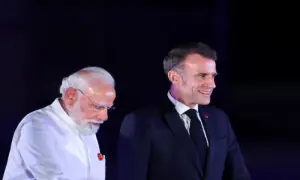








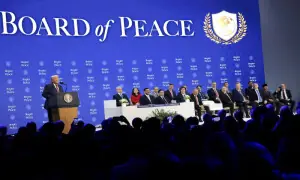

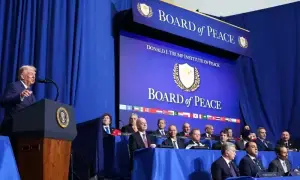
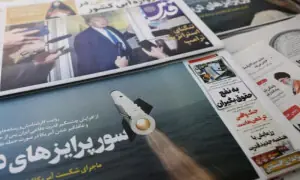
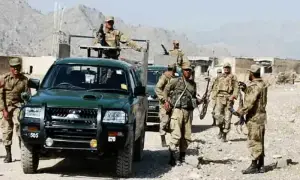
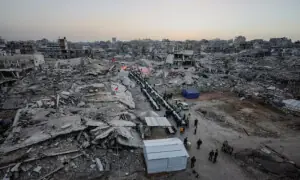
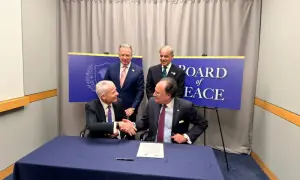


Comments are closed on this story.